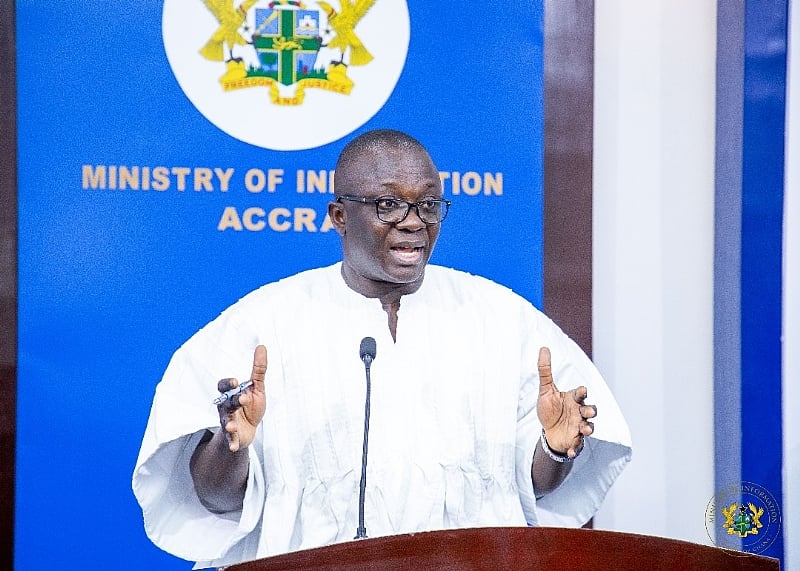In a recent press briefing, Dr. Bryan Acheampong, the Minister for Food and Agriculture in Ghana, announced a critical initiative aimed at mitigating the impact of a prolonged drought affecting eight regions. Beginning October 10, the government plans to distribute food grants to more than 800,000 farmers adversely impacted by the dry conditions. Each qualifying farmer will receive a food grant comprising 25kg of rice and 100kg of maize, essential staples that will help sustain their livelihoods and stabilize food production amidst the challenging circumstances. This initiative is part of a broader relief effort to support farmers during this difficult period.
In addition to the food distribution, Dr. Acheampong revealed plans for an online grain market that will allow the public to buy maize and rice at more affordable prices, starting on the same day. This platform is expected to establish a convenient trading environment for agricultural commodities, potentially benefiting not just farmers but consumers as well. To ensure transparency and accountability in the distribution process, all transactions will be conducted on the Ghana Agriculture and Agribusiness Platform (GhAAP). By utilizing this platform, the ministry aims to streamline processes and build trust among stakeholders in the agricultural sector.
To facilitate the registration and assistance of farmers participating in the program, the ministry has deployed a team of roughly 3,000 personnel, including 2,700 Agricultural Extension Agents (AEAs) and 261 District Agriculture Officers (DAOs). These individuals are equipped with tablets to enhance efficiency in data collection and registration. Dr. Acheampong emphasized the target of registering an average of 12 farmers per day over the next two months to ensure comprehensive outreach and ensure that no farmer is excluded from the initiative. For those farmers yet to register, self-registration options are available through the GhAAP, further simplifying the process.
Recognizing the broader implications of the current drought situation on food security, the Minister urged Ghanaians to support ongoing agricultural initiatives, particularly the Planting for Food and Jobs Phase 2 program. This initiative aims to bolster smallholder farmers and foster increased investment in commercial agriculture. Furthermore, the Ministry of Food and Agriculture is advocating for a commitment of approximately 3 billion Ghanaian Cedis annually to irrigation investments over the next decade to help mitigate future drought impacts and foster sustainable agricultural practices.
Dr. Acheampong highlighted the necessity for long-term strategies to enhance food security in Ghana. He proposed increased investments in grain storage systems, aiming for a capacity increase of 100,000 metric tons annually over the next 16 years. Such investments are crucial for safeguarding agricultural products and reducing post-harvest losses, which are often exacerbated by inadequate storage facilities. By focusing on infrastructure improvements and supporting farmers’ resilience, the ministry aims to cultivate a more robust agricultural sector capable of withstanding climatic challenges.
In conclusion, the government’s proactive approach under Dr. Acheampong’s leadership signals a commitment to strengthening Ghana’s agricultural landscape, particularly during crises precipitated by climatic challenges. The distribution of food grants and the establishment of the online grain market represent immediate steps towards alleviating the financial pressures faced by farmers. Long-term investments in irrigation and storage infrastructure will be critical in ensuring that Ghana can achieve sustained food security and support its farmers through both favorable and adverse conditions in the years to come.














